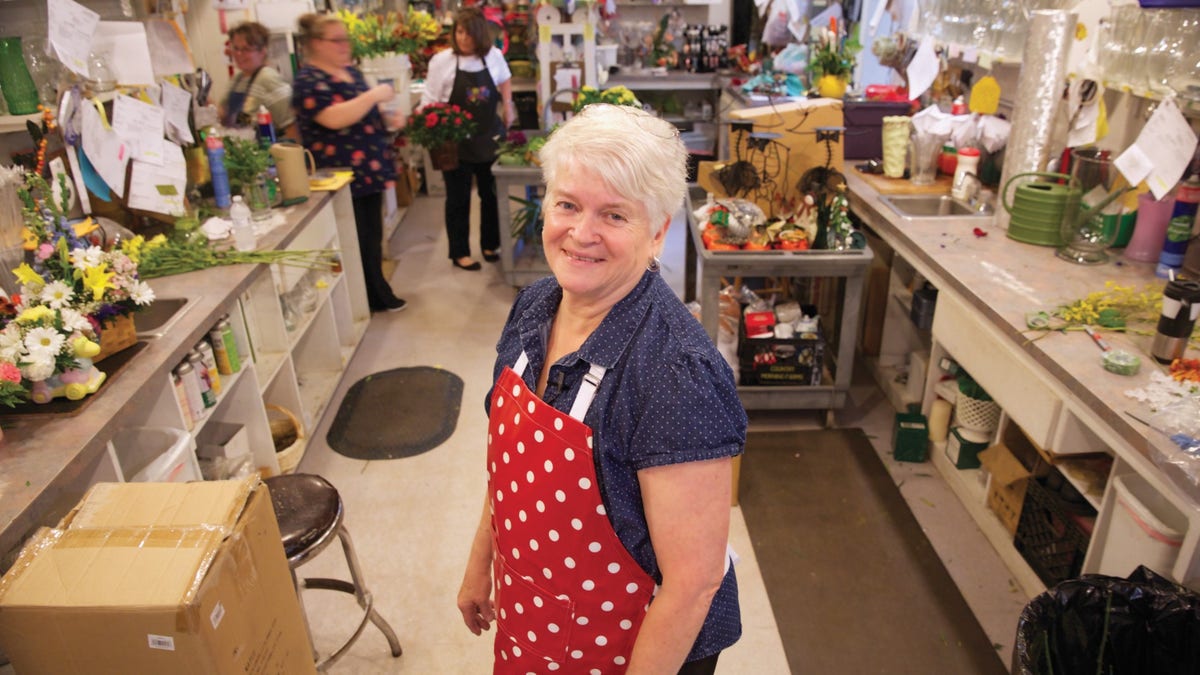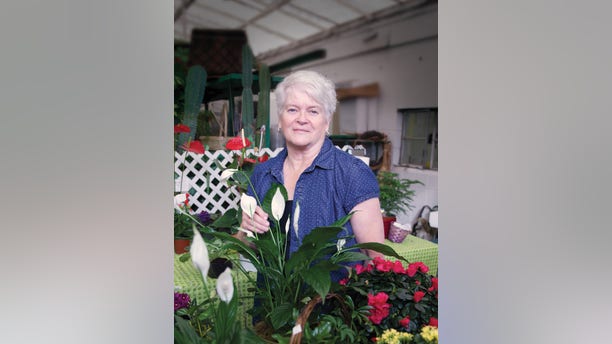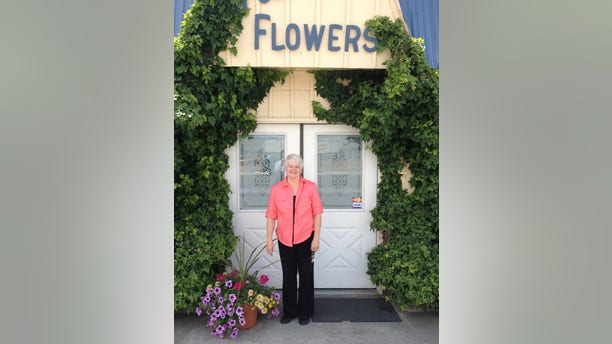
Barronelle Stutzman, florist (Alliance Defending Freedom)
As diverse as our country is, most Americans still share a few basic things in common.
We each have our beliefs, and we want to live our lives in ways that reflect them. We care about finding work that not only provides a good living, but also gives us a sense of joy. We want to love what we do.
Five years ago, I felt like I had all of that. But because I tried to do my work as an artist in ways that honored my religious beliefs, my home state of Washington turned my life upside down. Since then, my state has been prosecuting me because I declined, for religious reasons, one request to celebrate one event for one gay customer – a friend of mine named Rob, whom I’d been delighted to serve for nearly a decade.
The Washington Supreme Court ruled against me last year with a decision that threatens to bankrupt my husband and me. But this week, the U.S. Supreme Court breathed new life into my case, sending it back to the Washington courts for further consideration.
This comes on the heels of the U.S. Supreme Court’s ruling in Masterpiece Cakeshop v. Colorado Civil Rights Commission. The high court in that case overturned the punishment of cake artist Jack Phillips for declining to create a custom wedding cake celebrating a same-sex marriage. I and my attorneys with Alliance Defending Freedom, who represent both me and Jack, are now more hopeful than ever that my freedom will be protected, too.
My state has been prosecuting me because I declined, for religious reasons, one request to celebrate one event for one gay customer -- a friend of mine named Rob, whom I’d been delighted to serve for nearly decade.
I’m a floral artist who owns a small family business named Arlene’s Flowers, which my mom started decades ago in Richland, Washington.
I love the artistry of floral design, especially designing custom arrangements for weddings. It’s a fun challenge for me to create unique designs that tell a couple’s story and capture their love for each other. Once the designs are done, I go to the event, decorate the venue, pin on boutonnieres, and do all I can to make sure the event is beautiful.
I’m also a Christian, and that affects every part of my life, including my work. Because I believe that all people are made in the very image of God, I serve everyone who enters my shop and treat them with dignity and respect.
But this doesn’t mean that I can agree to every request. If people ask for custom arrangements to celebrate events or express messages that run up against my religious beliefs, I have to say ‘no.’ (This is particularly true for events like weddings that I personally attend.) Even then, I’ll gladly create something else for them, or sell them any of my ready-to-purchase items.
My relationship with Rob shows this. I served him for nearly a decade. I knew that he is gay, and he knew that I’m a Christian. None of that mattered. We enjoyed working with each other, and we quickly became friends. I was glad to create arrangements celebrating his partner’s birthday, their anniversary, Valentine’s Day, and other important life events. But when he asked me to design the flowers for his wedding, it was a different matter.
My faith teaches me that marriage is sacred, and that it exists only in the uniting of a man and a woman. I cannot create custom floral art, or be part of an event, celebrating a view that contradicts what I believe God designed marriage to be.
So when Rob asked me about his wedding, I walked him to a private part of my shop, took his hand in mine, told him why I couldn’t do what he asked, and referred him to three other florists who I knew would do a good job. Rob said that he understood, and we hugged before he left.
Washington Attorney General Bob Ferguson heard about this after Rob’s partner posted something on social media. Ever since, the attorney general has relentlessly – and on his own initiative – come after me in ways he’s never come after anyone else. He certainly hasn’t done the same to a Seattle coffee shop owner who profanely berated and openly discriminated against Christian customers.
The attorney general doesn’t just want to punish me in my role as a business owner. He’s sued me in my “personal capacity,” meaning that my husband and I are now at risk of losing everything we own.
I’ve written the attorney general a letter urging him “to drop” the personal claims that risk stripping away “my home, business, and other assets.” He won’t. For him, this case has been about making an example of me – crushing me – all because he disapproves of what I believe about marriage.
I often wonder what would happen if the tables were turned. I find it hard to believe that if a lesbian floral artist served a Christian customer for years but declined to create special arrangements for his religious rally opposing same-sex marriage, the attorney general would accuse her of discriminating against Christians. So why does he insist that I am discriminating against gays and lesbians?
Is it so hard to see the difference between refusing to serve people because of who they are … and declining to help celebrate an event that has deep spiritual significance?
While my state’s attorney general has lost sight of that difference, I’m still hopeful that the courts will grasp it. Otherwise, it won’t just be Christians like me who have their lives thrown into disarray. All creative professionals who want to live their lives in a way that honors their beliefs about topics like religion and politics will be at risk. If their views catch the ire of the government, they too will face the whirlwind I’ve endured.
But no one else should have to experience that. We should all be free to live out our beliefs about important moral issues like same-sex marriage.
Right now, Rob is free to do that, as is any floral artist who agrees with his views of marriage.
All I’m asking for is the same tolerance and respect – the kind the high court just promised people like me in its Masterpiece Cakeshop ruling.


